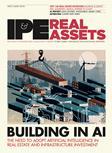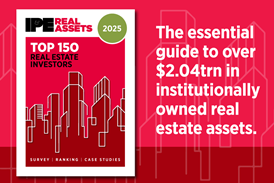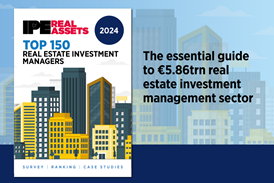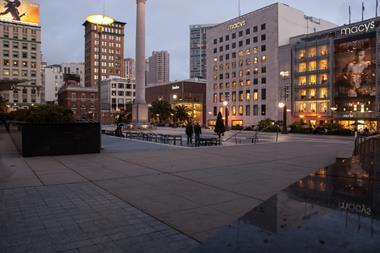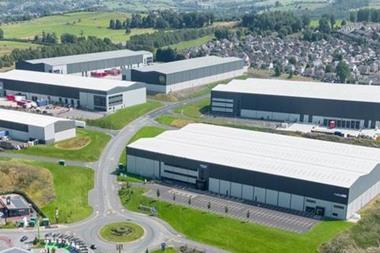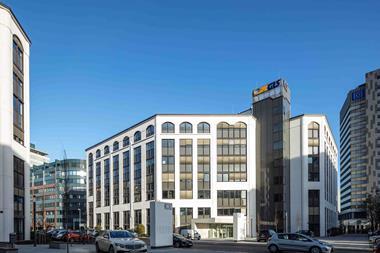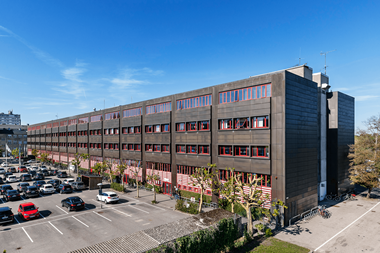The European Public Real Estate Association (EPRA) launched its annual conference with positive numbers and predictions of growth for the sector. Buoyed by a spate of IPOs – most notably in Ireland and Spain – the European listed sector is also expected to grow because of institutional allocations shifting in its favour.
But the opening conference sessions in London highlighted how vulnerable listed property companies in Europe are from macro developments that have the potential to be highly disruptive.
The US – birthplace of the REIT and home to the biggest listed real estate market globally – is facing the prospect of rising interest rates as its economic recovery strengthens. The euro-zone, in contrast, is staring into the abyss of deflation.
As economist Andrea Boltho noted ominously, the euro-zone is one economic “shock” away from slipping in and meeting its Japan-like destiny. Ian Shepherdson of Pantheon Macroeconomics, whose presentation plotted “unsustainable” labour cost increases in Italy and France – said his principal concern in the euro-zone was France, which had the potential to “ruin” Europe.
The dreaded d-word would be likely to disrupt European property companies’ investment strategies for the next few years. But it is not just economic dysfunction that threatens. Technological innovation could be one of the biggest sources of disruption.
For two separate panels on the retail and office markets, the discussions were all about technology. For the former this was the competition from online retailers. Richard Perks of market research firm Mintel revealed that online retail only accounted for 10% of the market – and 5% were ‘pure-play’ online retailers. But this is likely to change.
In the meantime, retail landlords are having to innovate to survive in a ‘omni-channel’ world. For Unibail-Rodamco, Europe’s largest retail REIT, the focus is on being more selective when bringing brands to its shopping centres. As CEO Christophe Cuvillier said, it is also about using technology to engage directly with customers and to provide experiences for shoppers that cannot be had online.
The technology industry is also driving changes in the office sector, mostly as tenants. Joe Borrett, director of real estate and construction at Google, talked in “volumes” rather than floorspace and “cubic metres” rather than square feet. Its new office in London’s King’s Cross will be a flexible space that evolve in line with its tenant’s activities. He described it as a “theatre” where the “production” changes all the time.
Paul Williams of Derwent London – which is behind the flexible office development the White Collar Factory in London’s Old Street tech quarter – also spoke of providing “blank canvas” offices where the focus is on collaboration and the sharing of ideas.
David Rowan, editor of technology magazine Wired, summed up the situation by invoking Moore’s Law, which has successfully predicted the rapid pace of growth in computer processing power. “Exponential change will keep rewriting the rules,” he said.

